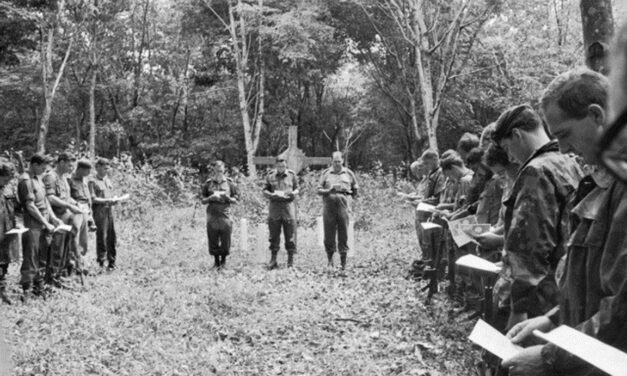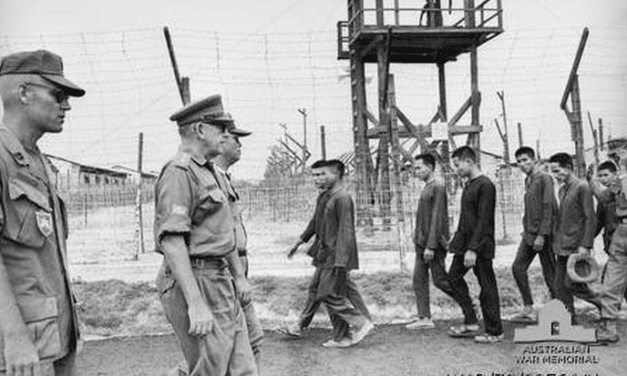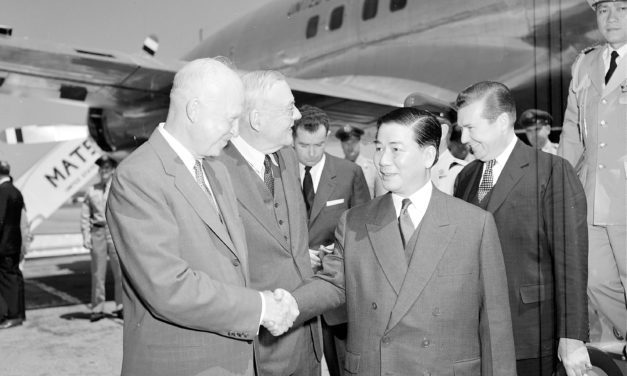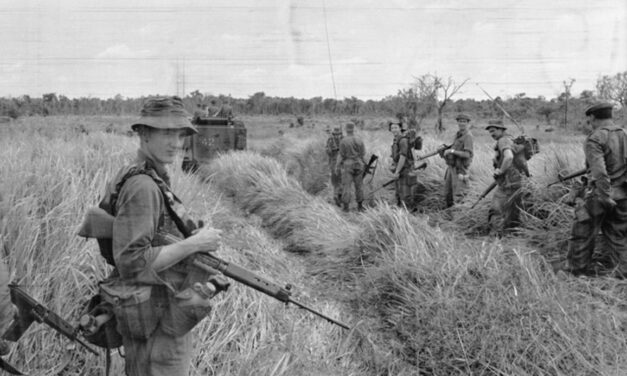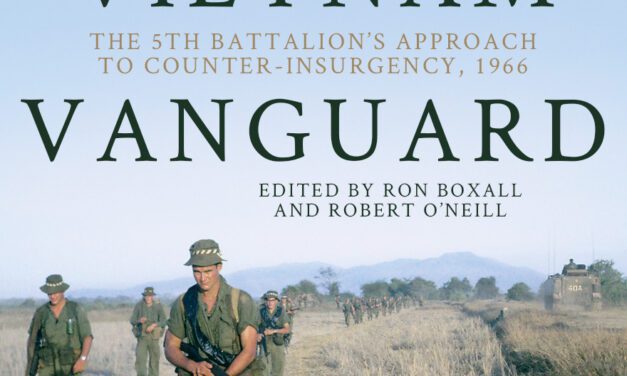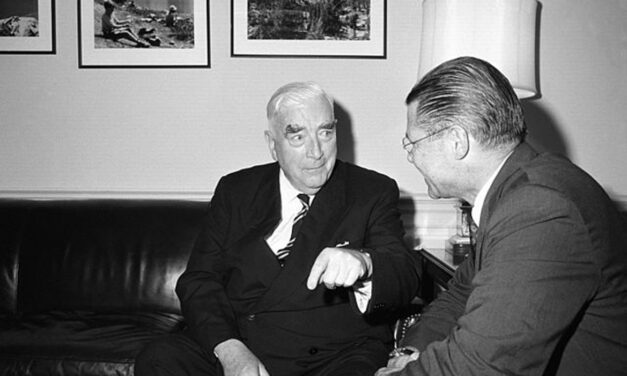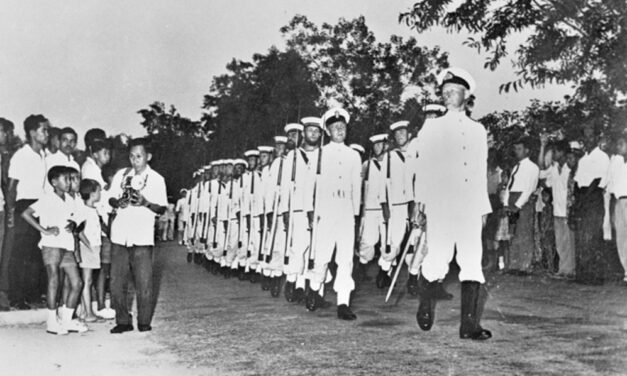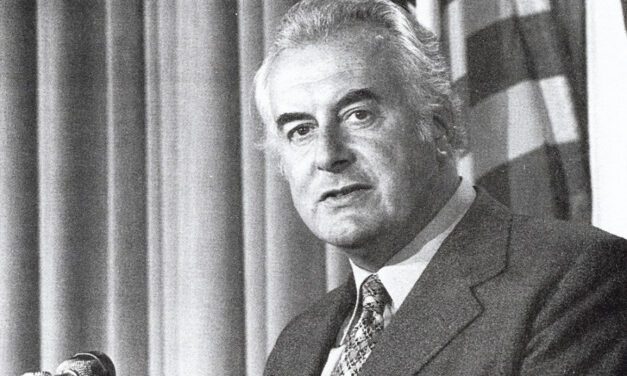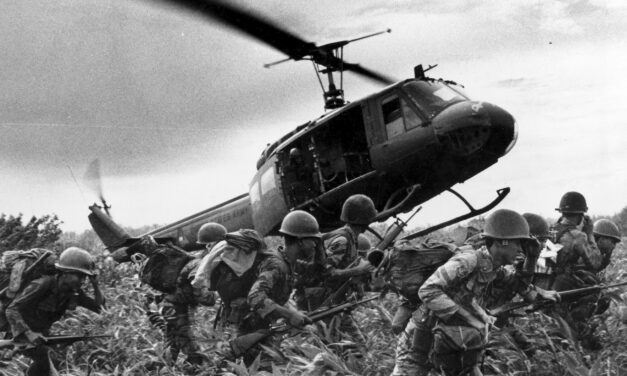Remembering Long Tan: Australian army operations in South Vietnam 1966–1971
Reading time: 5 minutes
The anniversary of Long Tan reminds most Australians that despite winning that iconic high intensity battle, the Australians and New Zealanders lost the Vietnam War. In fact, the First Australian Task Force (1ATF) fought at least 16 big battles, and through superior firepower from artillery, armor and airpower, won them all, sometimes by a narrow margin.
But most of the struggle in Phuoc Tuy province and South Vietnam was a prolonged low intensity guerrilla war. The big battles only mattered if the US and her allies had lost them, as big battle success allowed the allies to stay in the War. Enemy defeats just forced the enemy to revert to low intensity guerrilla war, which the allies had to control if they were to win.
Read More
